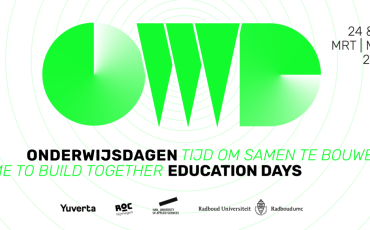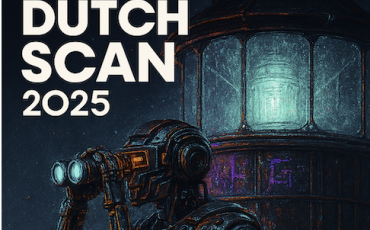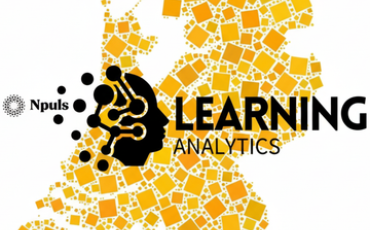Saçan has been working with the AI tool for some time, mainly because his ICT students quickly started using it. He previously wrote an article about the impact of ChatGPT and shared it with Joep Houterman, the chairman of the Executive Board. “This form of AI is going to make a real impact in the education world, and we have to be prepared for that.”
"Fear is not necessary"
However, this impact does not have to be negative, according to the lecturer. “There is no need to get anxious about ChatGPT. It's just a tool that can be used really well. And although there are anti-plagiarism software to detect AI-generated texts, in my opinion it is a sign of weakness if you, as an educational institution, depend on it in the year 2023. We have to deal with this in the right way.”
Nevertheless, Saçan understands very well that teachers and educational institutions are concerned about the emergence of the new phenomenon. “But students have always been very handy. There used to be a lot of cutting, pasting and overwriting before ChatGPT appeared. This development makes us think about exactly how we deal with our education, and that needs to change.”
More pressure on teacher duties
Giving an assignment and expecting the result at the end of a semester is outdated, according to Saçan. It should be more about the meaningful dialogue with the student, something that has been predominant within Fontys IT education for a long time. “That means there will be more pressure on the teacher's task. Because instead of checking a report or assignment, we now have to enter into a conversation and measure the growth and learning moments of students. In that respect, ChatGPT has really shaken up education.”
Wanting to ban AI in education is therefore mopping up with the tap open. “You can't ban it and it won't go away. In fact, there are already two competitors that will also enter the market soon. Like Sparrow from Google, the same kind of generator that even lists sources. That makes doing research even easier, for example.”
Just learning
Saçan quotes a statement by his colleague Rens van de Vorst: 'Asking is the new answer'. Exactly why, he believes, teachers and educational institutions should ensure that the AI tool is used correctly. “This contributes to information skills, gathering sources and fact-checking, which our students can only learn from.”
And no, our jobs are definitely not disappearing because of AI. The lecturer-researcher is sure of that. “But it does get better if you can use AI to get something done that makes it even better. We really shouldn't downgrade ourselves as human beings. This is simply a program that searches for information based on your question. But it also contains incorrect information. That is our task: to make it clear to our students that they are not copying anything blindly, but to still check whether the information generated is correct.”
Additional classmate
For example, ICT students use ChatGPT for research, testing and learning. For example, you can have a coding code made or have your own code checked for errors. “In that respect, ChatGPT is also more of a sparring partner, a kind of extra classmate who can help with complex issues.”
It should be clear: Saçan is positive about the technological development. “Ultimately, ChatGPT even ensures a better bond between teacher and student. Within Fontys ICT we have had weekly contact for some time now about what our students have researched, where they have sources from and what those results tell us. We see progress in a process, which is incredibly valuable. Several study programs have to work towards that.”
"Know what you're dealing with"
Teachers and other employees who have doubts about the new phenomenon are kindly invited by Saçan to sign up for the tool and try it out. “You can't just read about it, you have to know what you're dealing with. You don't use ChatGPT like Google, but for more complicated things such as writing a targeted application letter or in-depth research. The better we ask the question, the better the answer. This form of AI teaches us things if we use it correctly. And we as humans are far from done with learning.”
Written by [Noelle van den Berg]
Dutch version previously published on:
https://bron.fontys.nl/chatgpt-schudt-onderwijs-wakker-tijd-voor-betekenisvolle-dialoog/



0 Praat mee